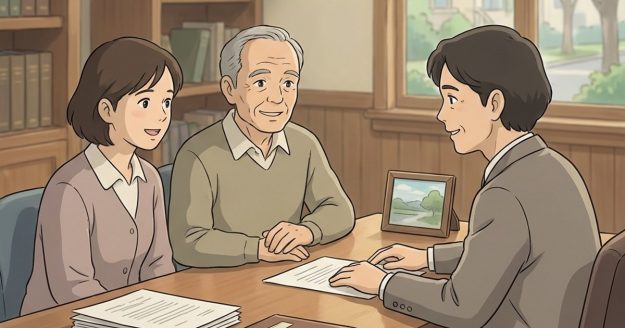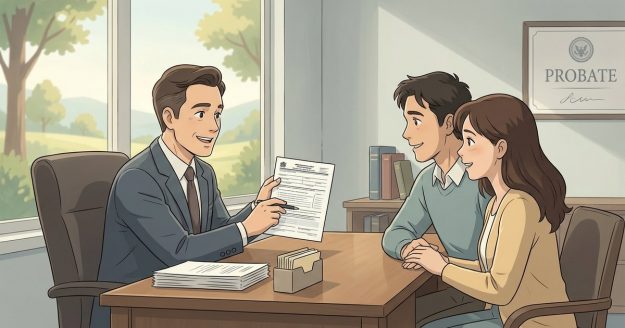What documents do we need to prove who inherits the land and record the transfer? nc
What documents do we need to prove who inherits the land and record the transfer? – North Carolina Short Answer In North Carolina, the documents needed usually depend on whether the land passes under a Will or under intestacy (no Will). Commonly, the key paperwork includes a certified death certificate, the probated Will and probate…











